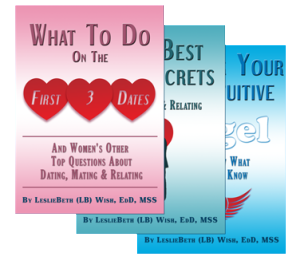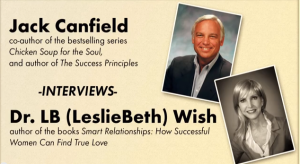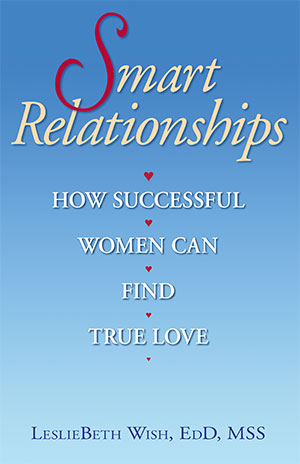Part 4 of a Series about Bad Relationships.
 I once thought it was a joke that the cartoon character Dagwood would forget his wife Blondie’s birthday or anniversary. How could that be? And why would Blondie stay after such a slight?
I once thought it was a joke that the cartoon character Dagwood would forget his wife Blondie’s birthday or anniversary. How could that be? And why would Blondie stay after such a slight?
Well, I’m a bit wiser now. I’m sorry to tell you that these emotional transgressions happen in even the most loving couples. The hurt person’s reactions can range from “Oh that’s just so typical of Dagwood. But deep down inside, I know he loves me” to “That’s it. I’m leaving.”
Unfortunately, these lapses in love usually fall into the blurry category—they hurt your feelings, they tend to activate open relationship wounds, and challenge your closeness, commitment and positive regard for your partner.
Even worse, some of these unloving incidents can add up., and one day you might wake up to discover that you’ve died emotionally from “Death of a Thousand Emotional Accommodations”.
Your best tool for minimizing the possibility of declining love for your partner is to “See through the Blur” of your partner’s behavior so you can make better assessments. Developing effective judgment is the goal.
Here are some of the top tips that emerged from my research on the love and work problems of today’s career-minded women.
1. Focus on the focus. Keep your heart and mind on what’s happening right now. Don’t play history where you drag up all the other hurts from your partner. Concentrating on the incident is not easy because our brain wiring tends to make webs of neural connections between emotionally similar experiences. So, expect to be tempted to want to bring up things from the past. But don’t. When you stay in the moment, you reduce the intensity of your reaction. Getting riled up clouds your judgment.
2. Report on the degree of your hurt. Ask yourself: “How much does my partner’s behavior hurt me?” I teach the women I meet to come up with a number from 1 to 10, with 10 as the highest, to indicate to your partner the degree of your hurt. Using a reporting style rather than an emotionally reactive style calms both of you, and minimizes the emotionally spill-over effect of bringing up the past. Using this signaling approach will feel awkward at first, and you will want to avoid using it next time. But ignore those feelings to stop using this approach. When Dagwood forgot Blondie’s birthday, she might have said, “Dagwood, on the hurt scale, this rates a 9.”
3. Report to your partner the WHY of why you are hurt. Rather than scream, cry or storm out—or even worse such as threatening to leave—tell your partner why this particular incident is so emotionally painful to you. Unfortunately, this suggestion is more difficult than it sounds. You will have to think first about the emotional contribution of your parents and caregivers to your past hurts, disappointments and issues. For example, when Dagwood forgot Blondie’s birthday again, Blondie said to him: “Your forgetting my birthday again really, really hurts me. It makes me feel unloved and unimportant—just like when my parents didn’t bother to celebrate my birthday.” Educating your partner puts the interaction and its consequences in the arena so that you and your partner can look at it and work on it together. This slight change in focus minimizes your partner’s defensiveness, and it makes him or her more receptive.
4. Get solution-oriented. Move as quickly as possible away from anger and blame to developing ways of handling a similar problem in the future. You might want to explain to your partner what you would like to happen. Roll that movie on the ideal scenario. Brainstorm together on how to handle a similar situation. Many of the women in my study used Instant Replays to give each other a fresh start. Continue to use the 1-10 scale to report your feelings. Another suggestion is to use the same 1-10 technique when you are about to discuss a hot topic. Educating your partner about your seriousness prepares both of you. And when you talk about unpleasant and emotionally charged issues, hold hands. Touch reduces defensiveness and hostility. Most importantly, working on solutions together helps prevent you from leaping to conclusions that you have to end the relationship.
5. Seek professional help if you can’t change your maladaptive communication style—or if you can’t determine any longer whether the problem is bigger than you think. Use counseling not only to learn new methods of problem-solving but also as an extra set of eyes to help you assess the health of your relationship. Sometimes it can be very difficult to know when to stay or leave. At the end of the day, when you put your head on the pillow, you want to know that you worked effectively to handle your unhappiness.
I hope these tips helped you. Please send me your comments, sign up on my website www.lovevictory.com, and follow me on Twitter @LeslieBethWish to receive my blog and news of my books and other things. Thank you!







